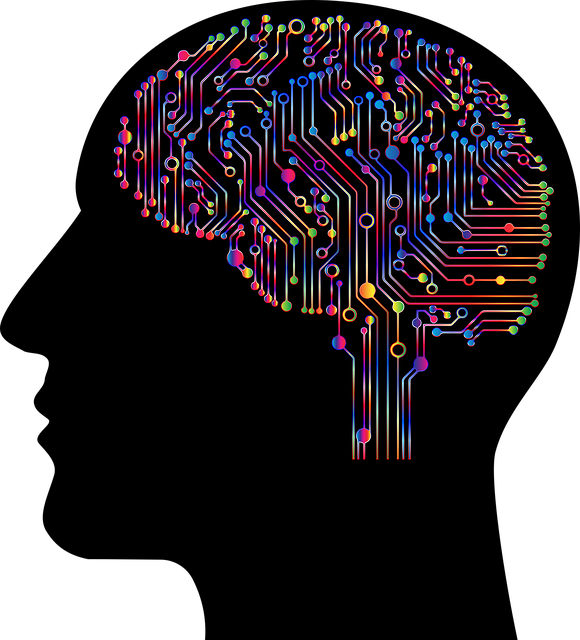
A neurological disorder is any disorder of the nervous system. Structural, biochemical or electrical abnormalities in the brain, spinal cord or other nerves can result in a range of symptoms. Examples of symptoms include paralysis, muscle weakness, poor coordination, loss of sensation, seizures, confusion, pain and altered levels of consciousness. There are many recognized neurological disorders, some relatively common, but many rare. They may be assessed by neurological examination, and studied and treated within the specialties of neurology and clinical neuropsychology.
Interventions for neurological disorders include preventive measures, lifestyle changes, physiotherapy or other therapy, neurorehabilitation, pain management, medication, operations performed by neurosurgeons or a specific diet. The World Health Organization estimated in 2006 that neurological disorders and their sequelae (direct consequences) affect as many as one billion people worldwide, and identified health inequalities and social stigma/discrimination as major factors contributing to the associated disability and suffering.
Classification
Neurological disorders can be categorized according to the primary location affected, the primary type of dysfunction involved, or the primary type of cause. The broadest division is between central nervous system disorders and peripheral nervous system disorders. The Merck Manual lists brain, spinal cord and nerve disorders in the following overlapping categories:
Brain:
Brain damage according to cerebral lobe:
Frontal lobe damage
Parietal lobe damage
Temporal lobe damage
Occipital lobe damage
Brain dysfunction according to type:
Aphasia (language)
Dysgraphia (writing)
Dysarthria (speech)
Apraxia (patterns or sequences of movements)
Agnosia (identifying things or people)
Amnesia (memory)
Spinal cord disorders
Peripheral neuropathy and other Peripheral nervous system disorders
Cranial nerve disorder such as Trigeminal neuralgia
Autonomic nervous system disorders such as dysautonomia, multiple system atrophy
Seizure disorders such as epilepsy
Movement disorders of the central and peripheral nervous system such as Parkinson’s disease, essential tremor, amyotrophic lateral sclerosis, Tourette’s syndrome, multiple sclerosis and various types of peripheral neuropathy
Sleep disorders such as narcolepsy
Migraines and other types of headache such as cluster headache and tension headache
Lower back and neck pain
Central neuropathy
Neuropsychiatric illnesses (diseases and/or disorders with psychiatric features associated with known nervous system injury, underdevelopment, biochemical, anatomical, or electrical malfunction, and/or disease pathology e.g. attention deficit hyperactivity disorder, autism, Asperger syndrome, Tourette’s syndrome and some cases of obsessive compulsive disorder as well as the neurobehavioral associated symptoms of degeneratives of the nervous system such as Parkinson’s disease, essential tremor, Huntington’s disease, Alzheimer’s disease, multiple sclerosis and organic psychosis.)
Many of the diseases and disorders listed above have neurosurgical treatments available (e.g. Tourette’s syndrome, Parkinson’s disease, essential tremor and obsessive compulsive disorder).
Delirium and dementia such as Alzheimer’s disease
Dizziness and vertigo
Stupor and coma
Head injury
Stroke (CVA, cerebrovascular attack)
Tumors of the nervous system (e.g. cancer)
Multiple sclerosis and other demyelinating diseases
Infections of the brain or spinal cord (including meningitis)
Prion diseases (a type of infectious agent)
Complex regional pain syndrome (a chronic pain condition)
